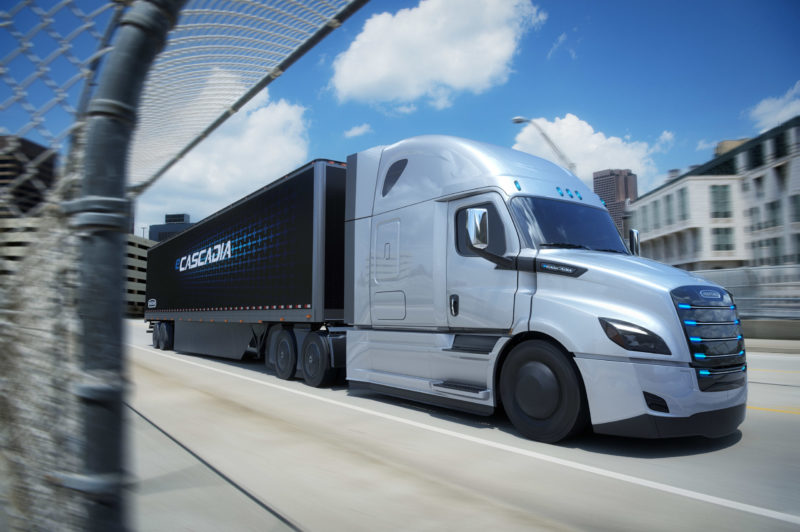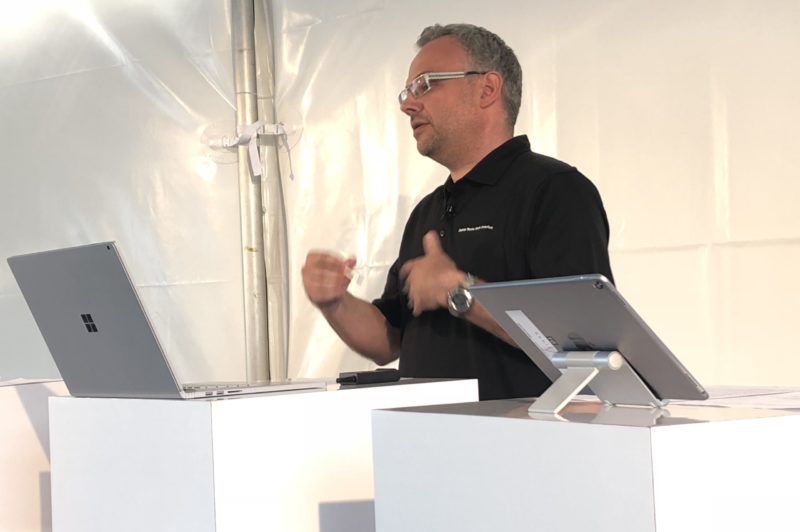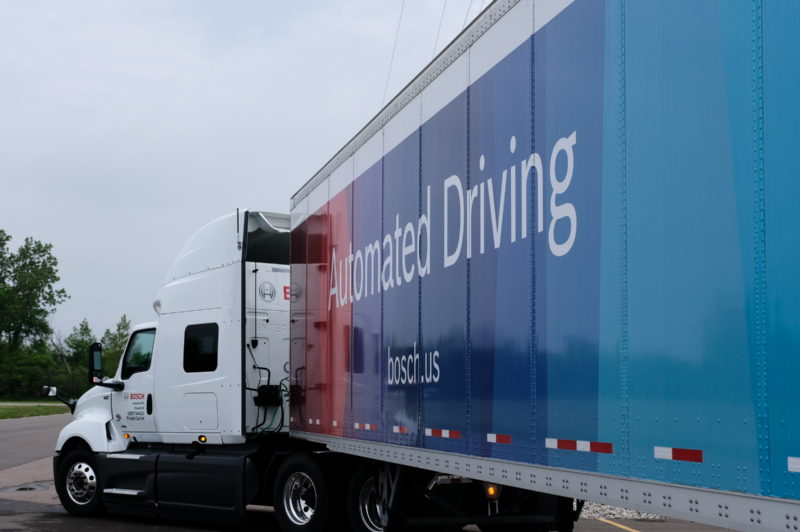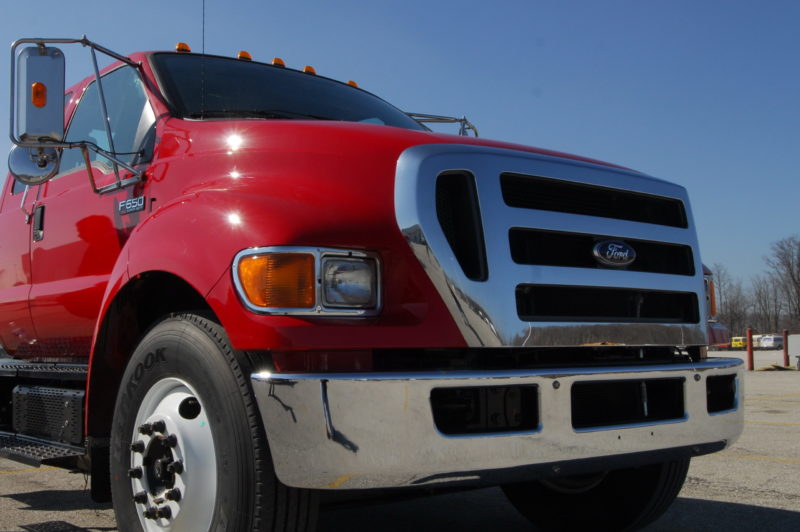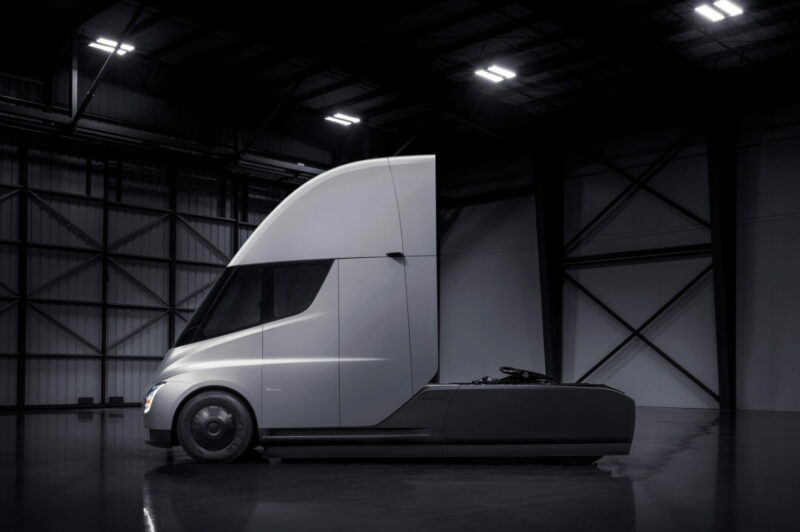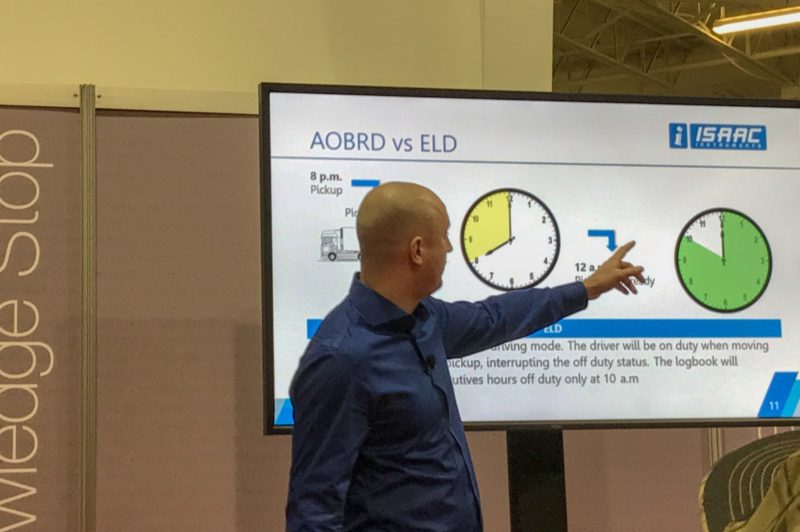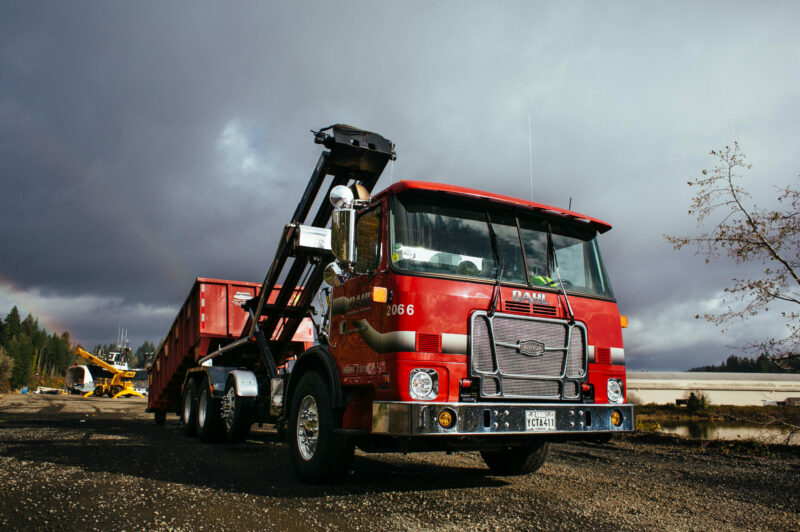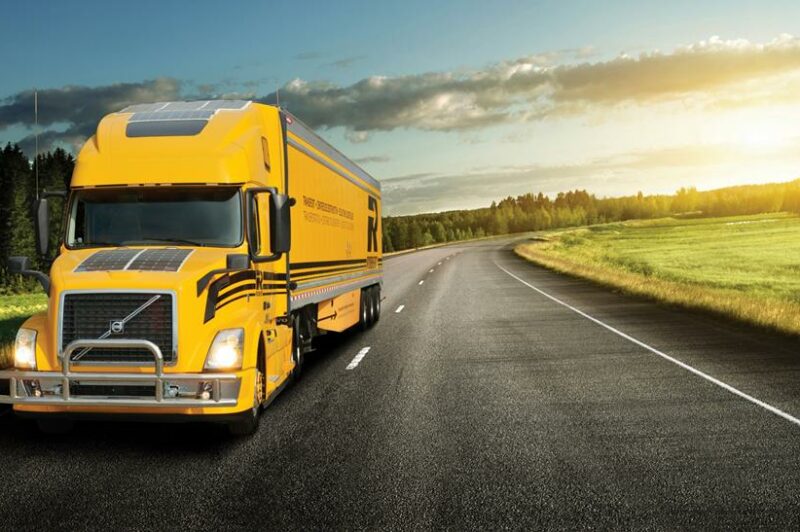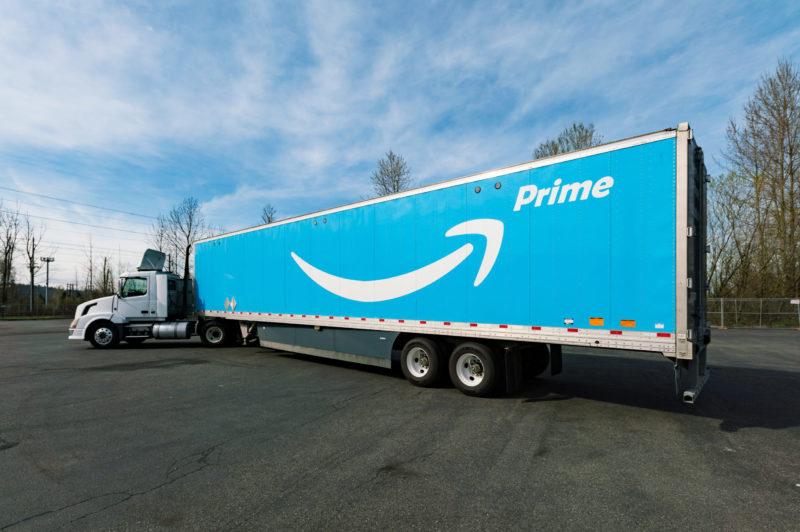
Border, marijuana, employment law among 2018 challenges: Devine
NIAGARA FALLS, Ont. -- You know the trucking industry faces a challenging landscape when a lawyer presents a business update against a framework of lessons learned through Sun Tzu’s Art of War. “It’s not really a friendly environment for us this year,” said Heather Devine of Isaacs and Co., as she stood at the podium to open the Private Motor Truck Council of Canada’s annual meeting. She offered the potential demise of NAFTA and the thickening of the border as proof of the challenges to come.
